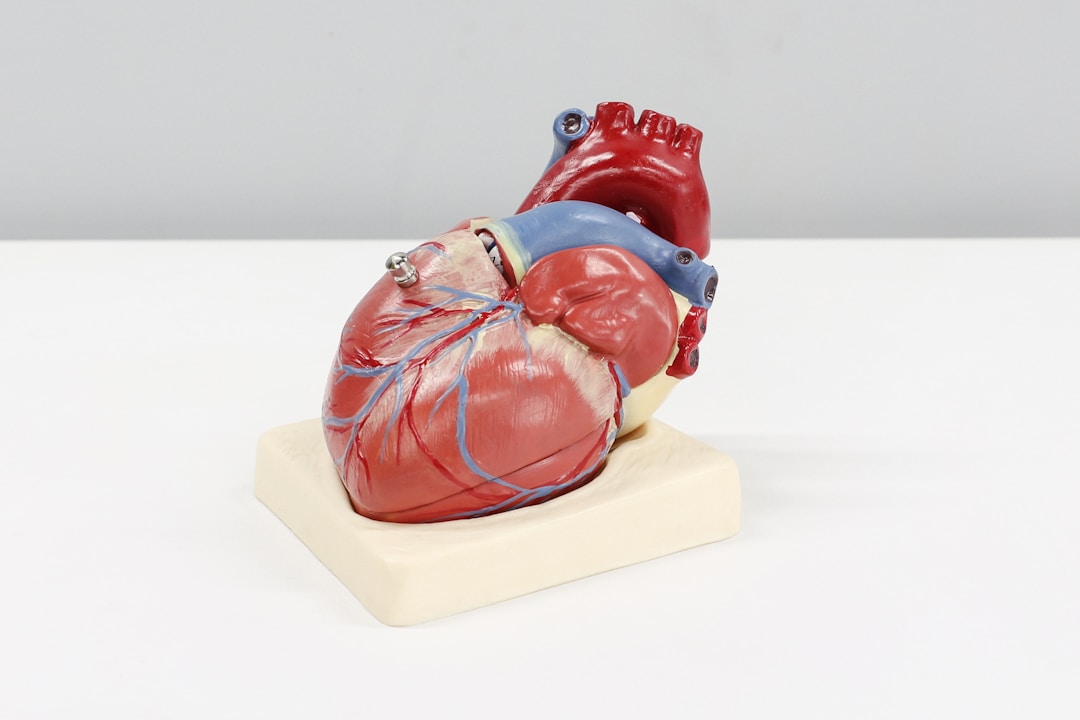Substance abuse can lead to a cascade of detrimental impacts on an individual’s health and well-being. It’s a growing concern that affects millions worldwide, with consequences that extend far beyond the individual to families and society at large. Understanding the connection between long-term use and chronic diseases is vital for recognizing the severity of substance abuse. Below, we delve deep into these effects and explore strategies for recovery and healing.
Understanding Substance Abuse and Its Impact on Physical Health

Substance abuse can have a myriad of immediate physical effects, ranging from mild symptoms to severe health crises. The introduction of toxic substances into the body alters its normal functioning, potentially causing organ damage, weakened immune response, and physical dependency. Over time, the strain on the bodily systems can lead to acute medical conditions that require immediate attention.
For instance, you may want to learn how to find a cardiologist in Los Angeles. Substance abuse poses serious threats to heart health. Drugs like cocaine, amphetamines, and opioids, can exert a substantial toll on your heart. A cardiologist can shed light on the adverse effects of substance abuse on the cardiovascular system, emphasizing the importance of seeking support and adopting healthier habits. By understanding these risks, individuals can make informed decisions and take steps toward a healthier heart and their well-being.
Beyond that, the excessive consumption of alcohol may lead to liver cirrhosis, while the use of inhalants can result in cardiovascular complications. Moreover, substances like opioids are known to disrupt the body’s pain signaling, leading to higher pain thresholds and increased risk of accidental injury. The physical ramifications of substance abuse can thus be both vast and profound, influencing virtually every organ system.
Strategies for Healing and Recovery from Substance Abuse Effects

Healing from substance abuse is a complex process that entails both physical and psychological rehabilitation. Detoxification is typically the first step, aiming to rid the body of toxins while managing withdrawal symptoms. Engaging in a supportive and therapeutic environment can provide the necessary foundation for successful recovery. A holistic approach to wellness, incorporating both mind and body, is often the key to maintaining sobriety.
As part of the healing journey, individuals often benefit from counseling and therapy to address the underlying psychological issues that may have contributed to substance abuse. Resources such as those found at hartrehab.com, offer mechanisms to alter destructive thought patterns and behaviors and to receive peer support. Rehab provides a holistic approach to address all these aspects, offering a comprehensive treatment plan tailored to each individual’s unique needs. One of the key advantages of rehab is the availability of professional medical and psychological support, ensuring a safe and supervised detoxification process.
Preventing relapse is just as important as the initial steps toward recovery. By developing a comprehensive aftercare plan that includes ongoing therapy, regular check-ins, and possibly medication-assisted treatment, individuals can reinforce their resilience against the temptation to revert to substance use.
Exploring the Psychological Repercussions of Addictive Substances

The psychological toll that substance abuse exerts is just as significant as the physical implications. The dependence on substances often leads to mental health disorders such as anxiety, depression, and in more severe cases, psychosis. The emotional rollercoaster associated with addiction derails an individual’s mental stability, making it challenging to cope with day-to-day life.
Cravings for addictive substances can consume an individual’s thoughts, leading to obsessive behaviors and a diminished capacity for handling stress and adversity. The resulting social withdrawal and isolation can exacerbate mental health issues, creating a vicious cycle that is hard to break. The sense of hopelessness and despair that ensues is a powerful deterrent to seeking help and breaking free from addiction’s grasp.
The psychological effects are not limited to emotional disturbances but can also manifest in cognitive impairment. The relentless pursuit of substances often replaces productive and fulfilling activities, leading to a decrease in cognitive stimulation and development. This can result in long-term psychological deficits, further complicating the path to recovery.
In summary, the impact of substance abuse on a person’s life can be profound and far-reaching, extending from immediate physical health consequences to long-term psychological and cognitive complications. Overall, recovery requires a dedicated effort encompassing medical intervention, support systems, and lifestyle changes. With perseverance and the right guidance, individuals can reclaim their health and rewrite their future beyond the shadow of substance abuse.
Featured Photo by cottonbro studio: https://www.pexels.com/





